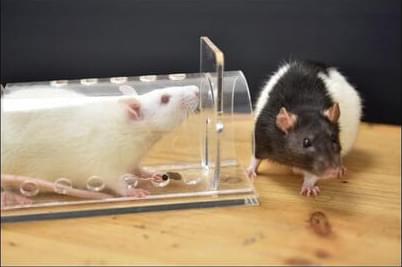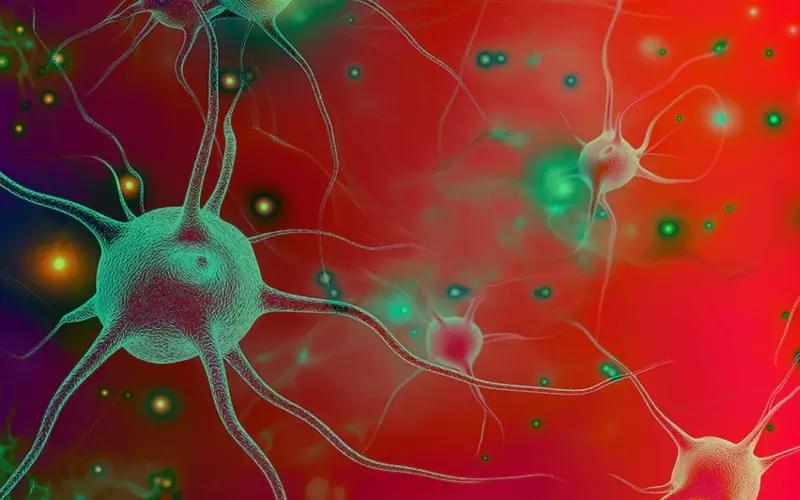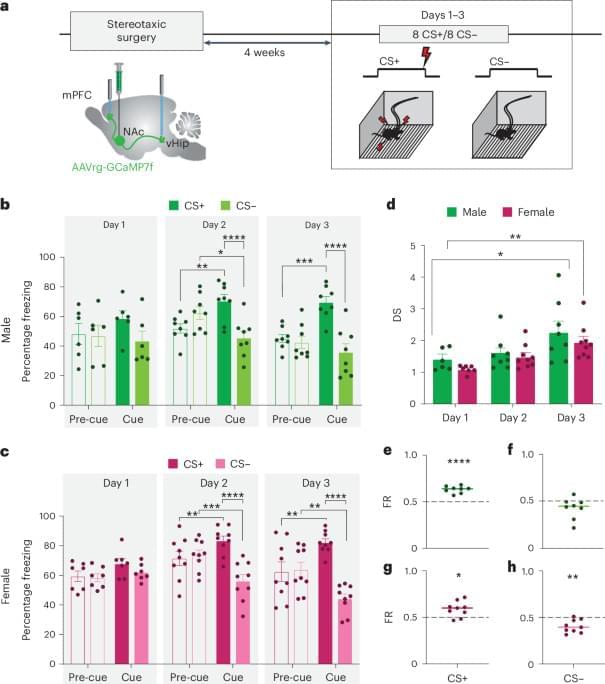Dopamine was long thought to play a part in the placebo effect for pain relief, but a new study is questioning its true role.


Dopamine was long thought to play a part in the placebo effect for pain relief, but a new study is questioning its true role.

For several decades, although studies of rat physiology and behavior have abounded, research on rat emotions has been limited in scope to fear, anxiety, and pain. Converging evidence for the capacity of many species to share others’ affective states has emerged, sparking interest in the empathic capacities of rats. Recent research has demonstrated that rats are a highly cooperative species and are motivated by others’ distress to prosocial actions, such as opening a door or pulling a chain to release trapped conspecifics. Studies of rat affect, cognition, and neural function provide compelling evidence that rats have some capacity to represent others’ needs, to instrumentally act to improve their well-being, and are thus capable of forms of targeted helping. Rats’ complex abilities raise the importance of integrating new measures of rat well-being into scientific research.

“The only journey is the one within”
Rainer Maria Rilke
Feedback loops within a system can generate seemingly contradictory or paradoxical relationships. A cognitive system might have an internal model of its mental processes, which influences its decision-making and behavior. This internal model then becomes part of the system’s overall state, creating a recursive loop where the system’s representation of itself affects its own behavior.

In the ever-evolving landscape of scientific discovery, certain paradigms periodically challenge the established norms, compelling us to reconsider the boundaries of what we deem as ‘science.’ One such paradigm is the intersection of quantum physics and metaphysical science. Despite skepticism, there is a growing body of evidence suggesting that these two fields are not only compatible but also complementary. This blog delves into how quantum physics supports metaphysical science and argues for its integration into mainstream scientific discourse, underpinned by historical precedents.
“The day science begins to study non-physical phenomena; it will make more progress in one decade than in all the previous centuries of its existence.” — Nikola Tesla
Quantum physics, the study of particles at the smallest scales of energy levels, has fundamentally altered our understanding of reality. The principles of quantum mechanics, such as superposition, entanglement, and wave-particle duality, have revealed a universe far more intricate and interconnected than classical physics ever suggested. These concepts resonate profoundly with metaphysical science, which explores the nature of reality, consciousness, and existence beyond the physical.

Consciousness is famously unobservable. Therefore, to test for consciousness, we must study its absence rather than its presence. Stuart Hameroff here argues that by studying anesthesia we are able to understand what goes away in the brain when the light of consciousness is switched off. Hameroff finds the answer in quantum processes in the brain – recent studies suggest he is onto something.
This article is presented in association with Closer To Truth, a partner for HowTheLightGetsIn Festival 2024. The festival will feature the debate ‘The Consciousness Test’, featuring Sabine Hossenfelder, Yoshua Bengio, Nick Lane and Hilary Lawson.

Model grounded in biology reveals the tissue structures linked to the disorder. A researcher’s mathematical modeling approach for brain imaging analysis reveals links between genes, brain structure and autism.
A multi-university research team co-led by University of Virginia engineering professor Gustavo K. Rohde has developed a system that can spot genetic markers of autism in brain images with 89 to 95% accuracy.
Their findings suggest doctors may one day see, classify and treat autism and related neurological conditions with this method, without having to rely on, or wait for, behavioral cues. And that means this truly personalized medicine could result in earlier interventions.

The group of Jürgen Knoblich at the Institute of Molecular Biotechnology (IMBA) of the Austrian Academy of Sciences, has developed a new method that allows scientists to cultivate brain organoids with distinct cortical areas and front-to-back patterning.
Together with collaborators at the Human Technopole and the University of Milan-Bicocca, they report a method that gives scientists a deeper look into human-specific brain development and disorders. The study was published in Nature Methods on September 18.
Brain organoids are extensively used to study human brain development. Derived from human pluripotent stem cells, the 3D models allow scientists to study unique properties of the human brain. Researchers use cortical organoids to answer fundamental questions such as how the human brain can grow to its large size or how the human brain’s long-range connections form.
A summary of an argumentative paper by Litt, Eliasmith, Kroon, Weinstein and Thagard.
Randal Koene discusses Whole Brain Emulation on the H+ Magazine podcast. He touches on the subjects of connectomics, neural mapping, optogenetics, and neural prosthesis.
